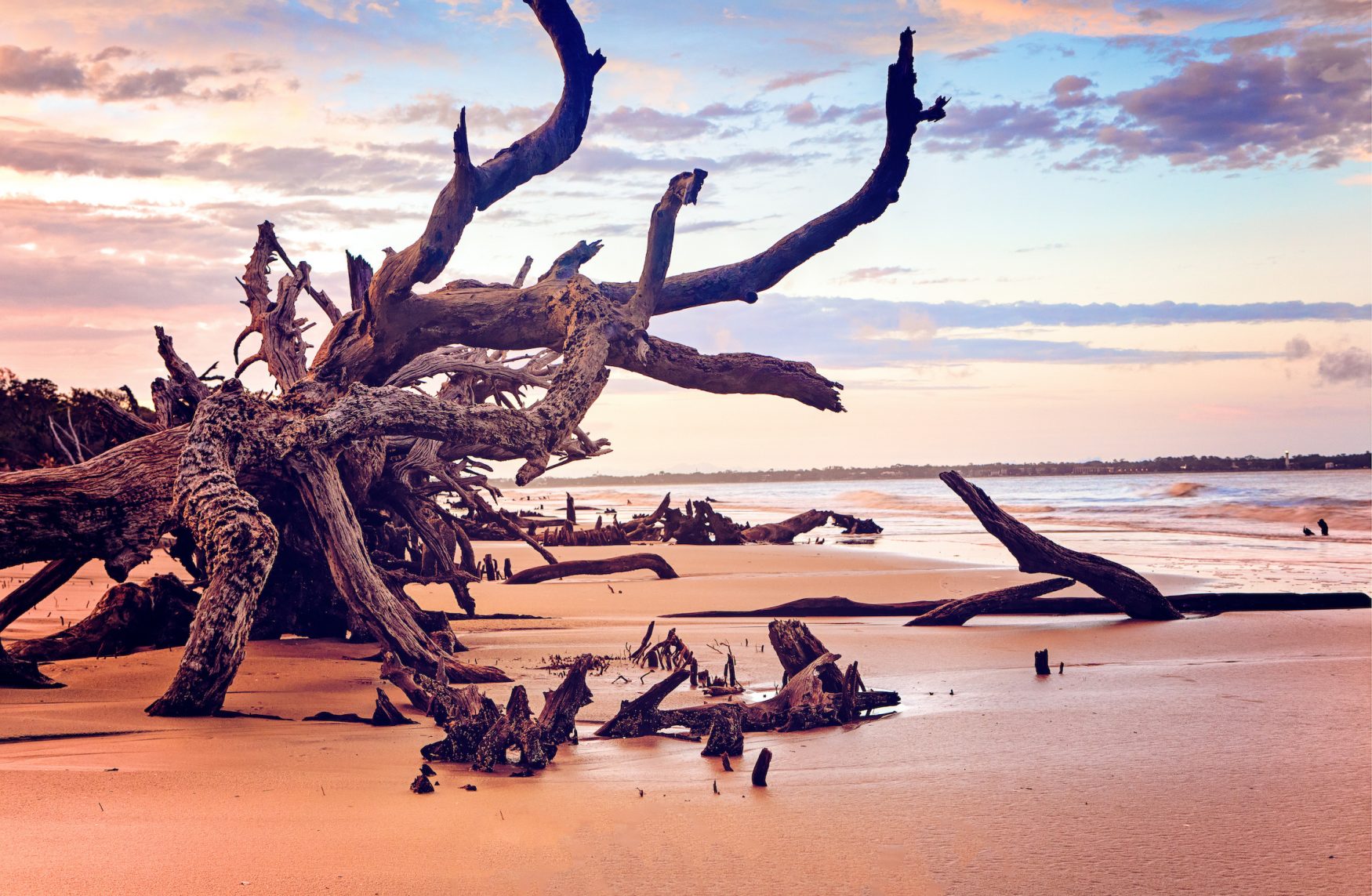
Jekyll Island History
Jekyll Island History Goes From Early Indians to the Creation of the Federal Reserve Which is Yet Today Stronger Than Ever and Gaining More Control Over the American People.
The history of Jekyll Island is long and full of detail (and has nothing to do with anyone named Mr. Hyde).
Not far off the coast of the state of Georgia lays this seven mile long member of the Golden Isles of Georgia.
Around the 1500s Jekyll Island was part of the chiefdom Guale inhabited by the Muskogian tribes of the Creek Nation.
Spain was the first European country to lay claim to the island in 1510; Ponce de Leon served as its governor along with Spain’s other North American territories.
Regardless of Spain’s claim, the French laid claim to it as well in 1562.
Jean Ribault, the French explorer that claimed the island, was later executed after surrendering to Spanish authorities.
Conflicts between the two nations developed along the coast of Florida and Georgia and as soon as the Spanish army defeated the French a colony was established on the island.
As the Spanish increased their colonization efforts on the island and along the coast, the natives began to take offense to the suppression of their culture; they eventually destroyed all the missions along the coast, killing the inhabitants (Father Davilla of Jekyll Island was the only one spared).
The English eventually took over the island after allying themselves with several Indian tribes; these tribes drove out the Spanish once they were armed by the English.
The English did not really establish the Georgia colony till 1733.
General James Oglethorpe, the founder, named Jekyll Island after his good friend Sir Joseph Jekyll.
For many years the name was misspelled as J-e-k-y-l, not with two ‘L’s like Oglethorpe’s friend.
In the interest of historical correctness, in 1929 the Georgia state legislature officially corrected the name of the island to J-e-k-y-l-l.
The more historically relevant Jekyll Island history was to come much later after the island was to change hands once again.
The Jekyll Island Club
The du Bignons played an important role in the Jekyll Island history.
John Eugune du Bignon and his family had owned a large portion of Jekyll Island for almost a hundred years, ever since Christophe du Bignon had arrived on the island in 1792 after escaping the French Revolution.
John Eugune du Bignon had inherited part of the island along with his brothers.
John, with the help of his brother-in-law Newton Finney, bought the shares from his siblings in the late 1880s.
They planned on developing a winter retreat for the rich. The clubhouse was completed in 1888.
Exclusivity was important to the club; only 100 members would be taken all together.
When the club opened, 53 of the world’s wealthiest and most powerful bought membership to the club for the sum of 600 dollars.
For over 50 years the wealthy headed to the club every January to enjoy a wide variety of activities. Just like many things during the Great Depression, the Club suffered.
Eventually the Jekyll Island history involving the club was to become no more. The club was done by the time World War II began.
The state of Georgia condemned the island in the late 1940s, paying off the remaining members a total of $675,000.
Jekyll Island history was rich and deep for years with still more to come in the future.
Jekyll Island History
Rich in history, the state of Georgia decided to include the island as part of the state’s parks system.
However, as cost began to mount as efforts were made to make the island safe for visitors, a separate authority was created to drive funding efforts for Jekyll Island.
A prison camp was established in order to use prisoner labor to ready the island (with fewer expenses) in 1951.
After a drawbridge was constructed to the island as part of a causeway project, the island was reopened to the public in December of 1954.
In the ensuing years the island underwent quite a bit of developing, and as it was made better and better more people went to visit it.
In accordance with the law, 65% of the island will remain natural, undeveloped land.

 My First Amazing Ayahuasca Experience
My First Amazing Ayahuasca Experience  Pine Needle Tea
Pine Needle Tea  The REAL Controllers of Humanity: The Papal Bloodlines
The REAL Controllers of Humanity: The Papal Bloodlines  Is it Global Warming or Cooling?
Is it Global Warming or Cooling?  Gun Rights and Obama Examined
Gun Rights and Obama Examined